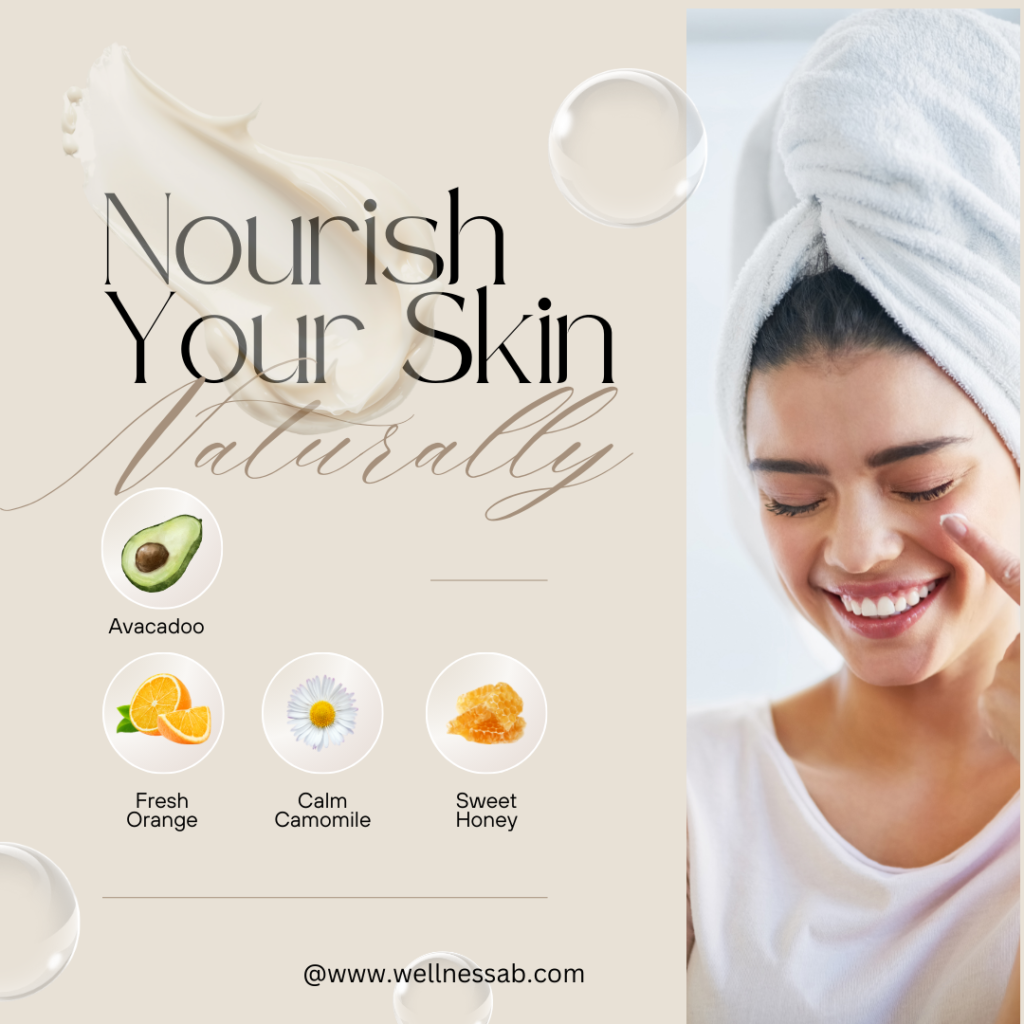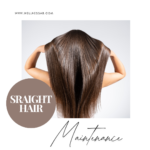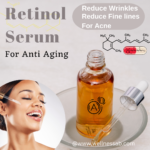
Table of Contents
Introduction
Skin nourishment is a fundamental aspect of maintaining a healthy, radiant complexion. Proper nourishment involves providing the skin with essential nutrients, hydration, and care to enhance its natural beauty and health. This comprehensive guide will delve into the importance of skin nourishment, the essential nutrients needed for healthy skin, and effective skincare practices to achieve a glowing complexion.
The Importance of Skin Nourishment
Our skin is the largest organ of the body, acting as a protective barrier against environmental pollutants, UV radiation, and pathogens. Proper nourishment ensures that the skin can perform its protective functions effectively while maintaining its structural integrity and appearance. Key benefits of skin nourishment include:
- Enhanced Hydration: Well-nourished skin retains moisture better, preventing dryness and flakiness.
- Improved Elasticity: Nutrient-rich skin maintains its elasticity, reducing the appearance of fine lines and wrinkles.
- Even Skin Tone: Proper nourishment helps to achieve a uniform skin tone by reducing hyperpigmentation and blemishes.
- Radiant Complexion: Nourished skin looks healthier and more vibrant, giving you a natural glow.
Essential Nutrients for Healthy Skin
To nourish your skin effectively, it’s crucial to provide it with essential nutrients that support its health and function. Here are some vital nutrients for skin nourishment:
1. Vitamins
- Vitamin A: Promotes cell turnover and helps to reduce the appearance of fine lines and wrinkles. It’s found in foods like carrots, sweet potatoes, and spinach.
- Vitamin C: A potent antioxidant that brightens the skin, boosts collagen production, and protects against UV damage. Citrus fruits, strawberries, and bell peppers are excellent sources.
- Vitamin E: Protects the skin from oxidative stress and helps to retain moisture. Nuts, seeds, and avocados are rich in vitamin E.
- Vitamin D: Supports skin cell growth and repair. Sunlight exposure and foods like fatty fish and fortified dairy products provide vitamin D.
2. Minerals
- Zinc: Essential for skin repair and regeneration. It also helps to control oil production and reduce inflammation. Sources include nuts, seeds, and legumes.
- Selenium: Protects the skin from damage caused by free radicals. Brazil nuts, eggs, and whole grains are rich in selenium.
3. Essential Fatty Acids
- Omega-3 and Omega-6: These fatty acids are crucial for maintaining the skin’s lipid barrier, preventing dryness and inflammation. They are found in fatty fish, flaxseeds, and walnuts.
4. Proteins
- Collagen and Elastin: These proteins are vital for maintaining skin structure and elasticity. Bone broth, chicken, and fish are excellent sources of collagen.
5. Antioxidants
- Polyphenols and Flavonoids: These antioxidants protect the skin from environmental damage and premature aging. They are abundant in berries, green tea, and dark chocolate.
Effective Skincare Practices for Nourishment
Nourishing your skin involves a combination of a balanced diet, proper hydration, and a consistent skincare routine. Here are some effective practices to ensure your skin receives the nourishment it needs:
1. Balanced Diet
A diet rich in fruits, vegetables, lean proteins, and healthy fats provides your skin with the essential nutrients it needs. Incorporate a variety of colorful foods to ensure you’re getting a wide range of vitamins, minerals, and antioxidants.
2. Hydration
Hydration for healthy and radiant skin is a must. Drink at least 8 glasses of water a day to keep your skin hydrated from the inside out. Hydrated skin looks plumper and more youthful.
3. Cleansing
Cleanse your skin twice a day to remove dirt, oil, and impurities. Use a gentle cleanser that suits your skin type to avoid stripping your skin of its natural oils.
4. Exfoliation
Regular exfoliation removes dead skin cells, allowing your skin to absorb nutrients more effectively. Use a gentle exfoliator 1-2 times a week to prevent over-exfoliation, which can lead to irritation.
5. Moisturizing
Moisturizing is essential to lock in hydration and keep your skin soft and supple. Choose a moisturizer that suits your skin type and contains hydrating ingredients like hyaluronic acid and glycerin.
6. Sun Protection
Protect your skin from harmful UV rays by applying a broad-spectrum sunscreen with SPF 30 or higher every day. Sun exposure can deplete your skin of essential nutrients and cause premature aging.
7. Serums and Treatments
Incorporate serums and treatments that target specific skin concerns. For example, a vitamin C serum can brighten your skin and reduce hyperpigmentation, while a hyaluronic acid serum can boost hydration.
8. Adequate Sleep
Getting enough sleep is crucial for skin health. During sleep, your skin repairs itself and regenerates new cells. Aim for 7-9 hours of quality sleep each night.
9. Stress Management
Chronic stress can negatively impact your skin, leading to breakouts and dullness. Practice stress management techniques like meditation, yoga, or deep breathing exercises to keep your skin looking its best.
Conclusion
Best ways to nourish your skin for maintaining a healthy, radiant complexion is by providing your skin with essential nutrients through a balanced diet, proper hydration, and a consistent skincare routine. In this way you can enhance its natural beauty and health. Incorporate these tips and practices into your daily routine to achieve and maintain glowing, nourished skin. Remember, healthy skin starts from within, so take care of your body and mind for the best results.











